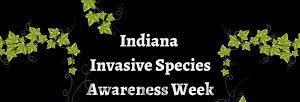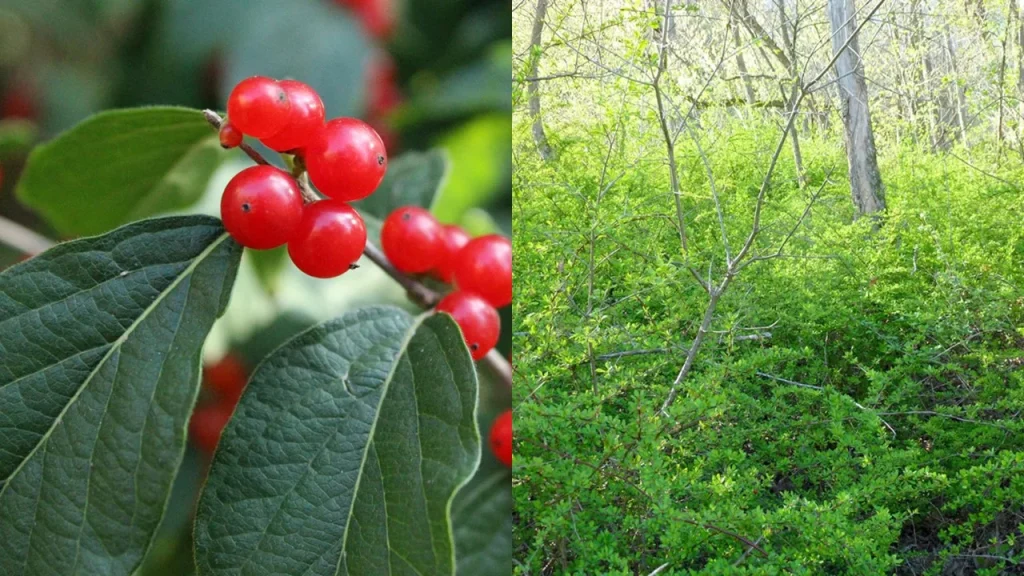
INDIANA – Governor Eric Holcomb has proclaimed February 25 – March 3, 2024, as Indiana Invasive Species Awareness Week. This event runs in conjunction with the National Invasive Species Awareness Week, which is recognized nationwide, encouraging all states to raise awareness of local invasive species issues.
This proclamation is a reminder to Hoosiers to be aware and act by learning the signs, reporting sightings, and taking precautions against these devastating invasives.

What is an invasive species? Non-native species that cause harm to the environment, human health, or the economy are collectively known as invasive species. Over the last 50 years, human activity has increased the rate at which harmful species are introduced as pets, ornamental plants, crops, food, or for recreation, pest control, or other purposes.
In April 2019, Indiana’s Terrestrial Plant Rule (312-IAC 18-3-25) was signed. It went into effect in April 2020 to designate 44 species of plants as invasive pests. This rule makes it illegal to sell, gift, barter, exchange, distribute, transport, or introduce these plants in Indiana. As officials celebrate Invasive Species Awareness Week, they will discuss some of the most wanted terrestrial plant invaders in Indiana, provide information for identification, and present ways you can help protect Indiana’s natural resources.

Follow along on Indiana DNR’s Facebook page this week as officials talk about some of the effects of invasive species in Indiana.
During this week each year, organizations attempt to share information about the impacts, how to prevent the introduction of invasive species, and how to control them. While DEPP often uses this week to focus on invasive plants, it’s important to remember there are invasive insects, diseases, and animals that have been introduced to the United States.
Need some suggestions for celebrating Invasive Species Week?
- Now is a great time to check hemlock trees for possible hemlock woolly adelgid infestations or to look for spongy moth or spotted lanternfly egg masses.
- Cooperative Invasive Species Management Areas (CISMAs) are grassroots organizations that work on local invasive species projects. Contact your local CISMA and check out their next meeting or Weed Wrangle.
- Take a moment to learn something new about invasive species. Check out Purdue’s Invasive Species YouTube playlist for a great place to start. The North American Invasive Species Management Association (NAISMA) is hosting a series of workshops and seminars this week.
Don’t hesitate to contact your local inspector or email DEPP@dnr.IN.gov if you have specific questions.






.png)












